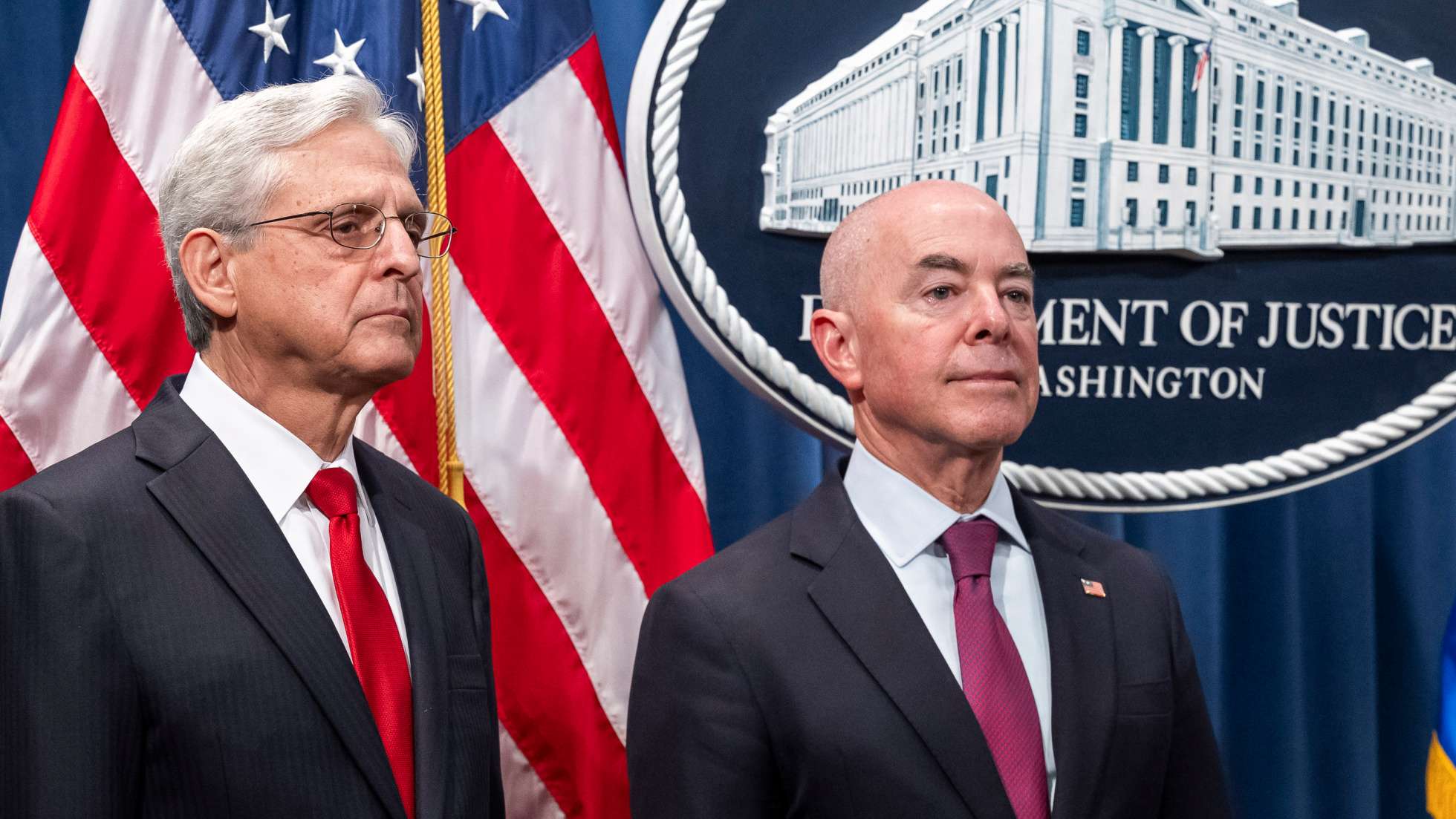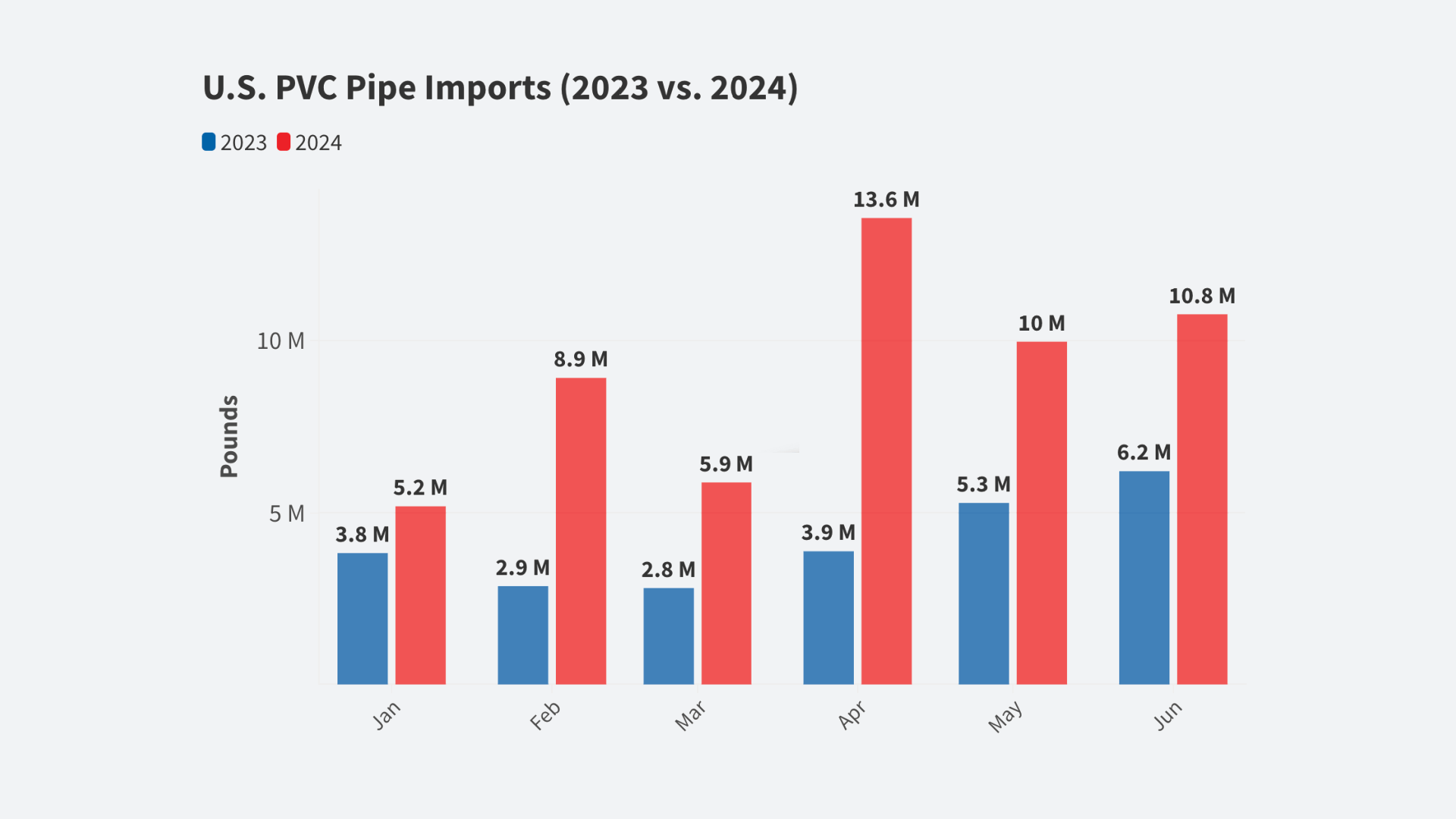WASHINGTON—The Senate on Monday confirmed Wilbur Ross as Commerce secretary, an appointment key to enabling President Donald Trump to make progress on a campaign promise to overhaul U.S. trade policy.
[William Mauldin | February 27, 2016 |The Wall Street Journal]
The vote was 72-27, with those opposing Mr. Ross questioning his foreign investments. Sen. Chris Murphy (D., Conn.) told his colleagues Monday that Ross “has taken advantage of the very bad trade deals that this body has passed in order to offshore thousands of U.S. jobs.”
But supporters argued that Mr. Ross’s business experiences will position him to help promote the interests of American companies and their workers.
“Mr. Ross’s business know-how and intelligence make him an excellent candidate to serve as the next secretary of commerce,” said Sen. John Thune (R., S.D.), chairman of the Senate Commerce Committee.
Mr. Trump’s path to the White House was driven in part by his message that existing trade deals don’t help American workers. He has pledged to renegotiate or pull the U.S. out of the North American Free Trade Agreement and warned that he would take steps to restrict imports from China and other trading partners he says engage in unfair practices.
Mr. Trump withdrew the U.S. from the unratified Trans-Pacific Partnership on his first full working day, signaling a shift from Barack Obama’s policy of multilateral engagement and trade liberalization.
Mr. Ross, a billionaire investor, is set to play a leading role in setting trade policy and negotiating deals. The Commerce Department handles cases that allow U.S. industries or the federal government to challenge overseas rivals and impose punitive tariffs if they are found to be dumping products below fair value on the U.S. market, or enjoying improper subsidies.
In his first five weeks in office. Mr. Trump’s ability to immediately initiate talks with trading partners or open a deep dialogue about trade on Capitol Hill has been hobbled by the lack of a confirmed Commerce secretary or U.S. trade representative. Working with lawmakers on trade will be critical if the Trump team wants to get expedited approval for any deals it negotiates. Earlier this month, Peter Navarro, the head of Mr. Trump’s new National Trade Council, took the lead in briefing Congress, and some senators raised concerns about the Trump team’s approach.
Key committees in Congress have in the past preferred to work with the U.S. trade representative, a post that has statutory authority to take the lead on developing, coordinating and implementing policy. Mr. Trump’s pick for trade representative, Washington lawyer Robert Lighthizer, has faced delays over paperwork and questions about his work with foreign governments decades ago, congressional aides say.
Mr. Ross, 79 years old, faced questions during his confirmation process about potential conflicts of interest from his web of investments around the world. He has said he would sell at least 80 business assets and investment funds if confirmed, but he plans to retain some holdings, including an investment made alongside the Chinese government in an oil-tanker operator.
His confirmation, and that of Mr. Lighthizer, would boost Mr. Trump’s ability to begin in earnest a process he had hoped to initiate much sooner.
Mr. Trump has said he would start negotiations on a new Nafta deal in his first 100 days, a goal that now appears impossible since the 2015 fast-track trade law requires the president to give Congress a 90-day notice before formal negotiations begin.
A Washington meeting with Mexican President Enrique Peña Nieto was canceled after Mr. Trump insisted Mexico pay for a border wall. Top trade officials weren’t a part of the meetings Secretary of State Rex Tillerson held with Mexican officials last week.
Canada also doesn’t appear eager to jump into negotiations without knowing what the Trump administration is bringing to the table. “It’s important for people not to get ahead of themselves,” Canada’s Foreign Minister Chrystia Freeland said last week in Toronto. “The U.S. administration needs to have a long domestic consultation period.”
Some U.S. business leaders who back traditional trade liberalization have said Mr. Trump may soften his approach as president, avoiding broad tariffs and potential trade wars. They point to fellow business leaders on Mr. Trump’s team, including Mr. Tillerson, a former chief executive of Exxon Mobil Corp., and Treasury Secretary Steven Mnuchin, a former investor who spent years at Goldman Sachs Group Inc.
But Mr. Trump’s trade team appears cut from a different cloth. Mr. Ross has said he would at the Commerce Department initiate more government-led cases against trading partners, which could spur retaliation against U.S. exports.
Messrs. Ross and Lighthizer will likely have firm support in the White House, especially from Messrs. Trump and Navarro. On Thursday, senior adviser Steve Bannon hailed the arrival of “economic nationalism” in Washington and called Mr. Trump’s quick move to withdraw from the TPP “one of the pivotal moments in modern American history.”













